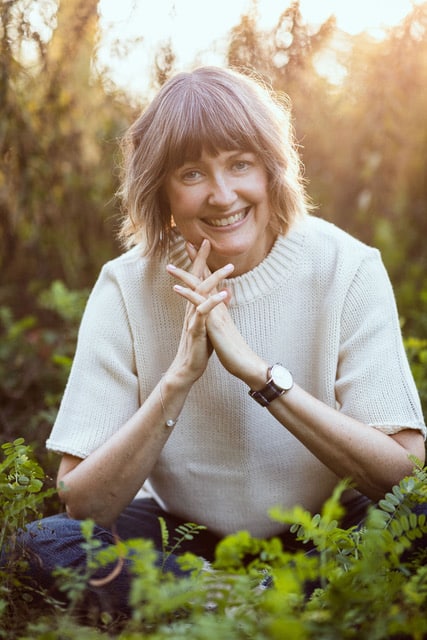Lisa stopped drinking in 2006. Since that time she’s helped many other women recover, be it through her coaching, the Infinite Possibilities workshop she hosts, or by simply listening to those struggling, and leading by example.
Whether you are considering going dry this January, or are looking back at this past year and coming to terms with the fact that you have a problem with alcohol, we’re certain Lisa’s wisdom and insight will help guide you on your journey in sobriety. If you’re inspired by her words, consider joining one of the Vision Board workshops she’s offering this January.
How did you stop drinking?
I reached out to a friend who I had heard quit a year or two prior. I asked her how she stopped and would I be happy in a life without booze? We met for coffee and she told me what she did to get sober. At first I resisted – I didn’t like what she was telling me – but deep down I knew I had to stop. She started taking me to meetings. Because I was pretty desperate for a new way of life, I kept an open mind to doing things differently. My way wasn’t doing me any good. I took it one day at a time.
What does your recovery look like today?
Peace of mind. No drama. Excitement for each new day. Spirituality. Bringing my best self to parenthood and my relationships. Finding joy in transformation. The gift of service: working with others in recovery – it’s wonderful thing. One of my biggest fears was that life without drinking and drugs would be boring. Not so!
What was a major discovery you made during the early days (months) of your recovery?
Pain is the catalyst to growth. I had been using booze to self medicate unresolved pain. I had underlying trauma which manifested itself as depression, resentment and anger. I needed to do the inner work; it’s ‘an inside job’ as they say. Change isn’t always easy, but I’m learning over the years how to get comfortable with discomfort. There is a quote ‘Change is inevitable, suffering is optional’. I understand that now.
What have you discovered more recently?
About 18 months ago I ‘came out of the closet’ about my recovery. I made a decision to not care about the stigma and what other people think anymore. I’m being unapologetic about who I am and about being sober. If there is a chance I can help another sick person by being my true self, then that far outweighs my old concern of ‘what will people think!?’
When someone asks you why you don’t drink, how do you respond?
It depends on who is asking. Sometimes I cut to the chase and tell them the real reason why I can’t. In other cases I just say it doesn’t agree with me, or ’it’s not my thing’.
What does fun look like today?
Road trips and travel with friends and family (pre-COVID). Nature hikes. Dinners and movies. Virtual coffee catch-ups with friends. Personal growth education (am a learn-aholic and self-help junkie). Creative projects. Reading a good book. Collaborations with other like-minded women entrepreneurs. My daily early-morning ritual – waking up and feeling great never gets old.
What do you want to say to the woman still struggling?
You’re not alone. If you want to quit there is help. You can have a completely different and better life. It takes so much courage in the early days, so surround yourself with others who have gone before you. You can do this. Connection is key (Dr. Gabor Mate, addiction expert and author – says that the opposite of addiction is not sobriety, it’s connection).
What stigma do you think needs to be smashed?
The stereotypical imagery that comes up for society in general around addiction (ie: parasite, shameful, criminal, immoral, deadbeat etc.). People need more education and understanding in order to foster compassion. Especially because it seems that pretty much everyone on the planet is suffering from one addiction or another these days. In the case with drinking and drugging – it’s a complex mental health challenge and it often stems from an assortment of variables (genetics, adverse childhood experiences, ancestral/family history etc.). Education will be the answer to cultivating compassion around it and smashing stigma.
What’s the greatest gift that sobriety has given you
Gosh, I feel like there are so many. Becoming my authentic self and being comfortable with who I am. Freedom from mental anguish. Faith over fear. An ever deepening spiritual connection with the Universe (aka inner guide, higher self, source energy, higher power). Sober friendships. An awesome relationship with my 16 year old son – I’m BLESSED – I have the most mature, responsible and compassionate kid one could ever ask for!
Thank you to all the brave souls who participated in our Womxn x Alcohol series this past year. Each story not only inspires others to reevaluate their relationship with alcohol, but also helps fight stigma. May the next decade be one where alcohol-use disorder is understood as a spectrum, and recovery is respected as an individual journey.



 Follow Us On Instagram
Follow Us On Instagram
